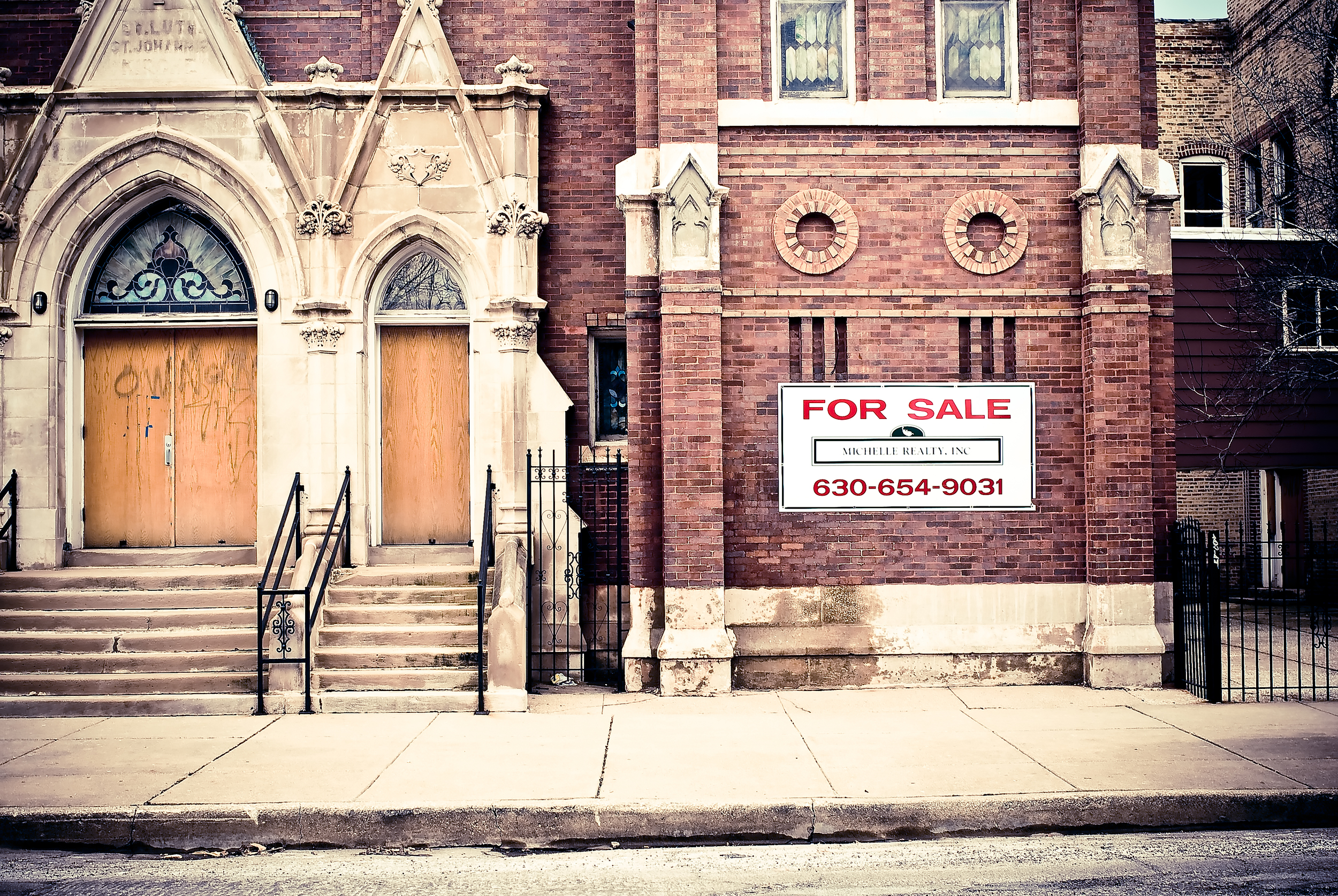My hermeneutics professors in Seminary repeated this as mantra as we would study different passages in the Bible. "Context is King," they would say, meaning the immediate paragraph, chapter and book would first determine the meaning of a word or phrase, long before a completely separate passage would.
What does context have to do with church planting? It has everything to do with it. When missionaries go out to different countries they learn the culture, the mannerisms, and the language. All of these can be summed up in one word: context. When we go plant churches, we cannot ignore the context that we plant in. The context of the city will look very different from the context of a small town. A suburban context has different cultural factors than a rural context. Even different neighborhoods hold different contexts than other neighborhoods in a city because of the demographic diversity that resides in them. Logan Square, for instance, is roughly 44% Hispanic, while West Town is about 77% White. These demographics will help shape the church that is planted there.
Hard data, like demographics, is great and essential to getting to know the context, but how, as the church, do we learn the language, the values, the hopes and dreams of those we want to reach? Or is it safe to assume that as Americans we all hold the same values? I don't only believe that it is unsafe, but would be damaging to do so. We must go into our context, Logan Square, for us with the posture to learn from the people that are there. If we don't, not only will we be seen as arrogant, we will not reach people for Christ there. We must learn to contextualize. So how do we do this?
Tim Keller, in his Redeemer Church Planting Manual, says we must be doing ethnographic research as well as demographic research. To do this, we must talk to people–not just do research on the internet. While demographics answers the "Who lives there?" question, ethnographics answers the "What are they like?" question. Keller gives several questions to ask people in order to get to know the people in your context:
- What brought you to [this place] and how do you like living here?
- What are the dreams for your family?
- What kind of church does [this place] need? What would it look like?
- If you could ask God one thing, what would it be?
- What's the toughest thing for you when you consider faith and spiritual things?
- What are people's hopes, aspirations and pleasures?
- What are people's greatest fears and problems?
- How could a new church serve your needs?
- How do people spend their free time? What do they do for fun?*
- How is this neighborhood unique from others near it?*
- Who is Jesus and what is his significance to you?*
It's only through personal interactions with those who live, work and play in the neighborhood, do we get to know how to speak the heart-language of those who live, work and play there. We do this research because it gives us a vision for the neighborhood and people who live there; it reinforces the conviction that you and the gospel are needed by the city and its people; and it removes our blindness and gives us the conviction that we need this city and people to teach us much.
And finally, in praying through the answers to these questions, we seek to have God's eyes for community to which we are called. Our goal is to love the city as God loves it, to recognize its brokenness and sin, and see how the Gospel heals and brings hope to the people who live there.
Stacey and I are headed up for a quick visit to Logan Square this weekend. We want to continually get to know our context and pray for it and learn from it. Please pray with us. Pray that God would give us a vision and hope for the neighborhood. Pray that we would be humble and learn from those there. Pray that would we be bold in asking these questions and truly hearing their answers.
*These questions I got from Dan Breed's Fox Cities Church Plant Project.



